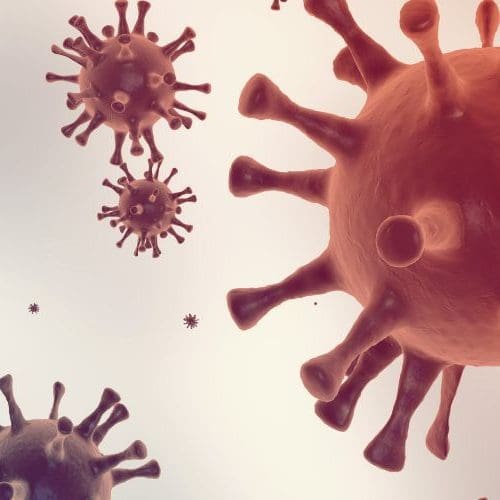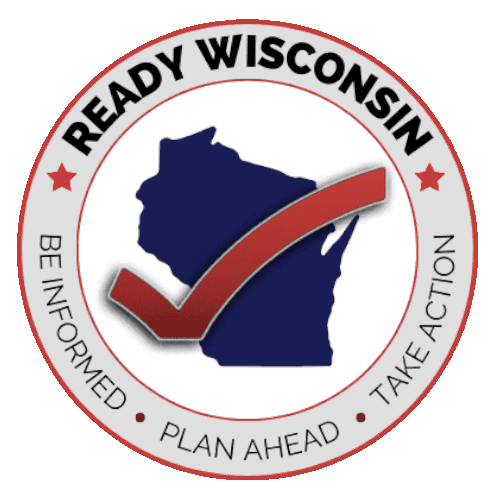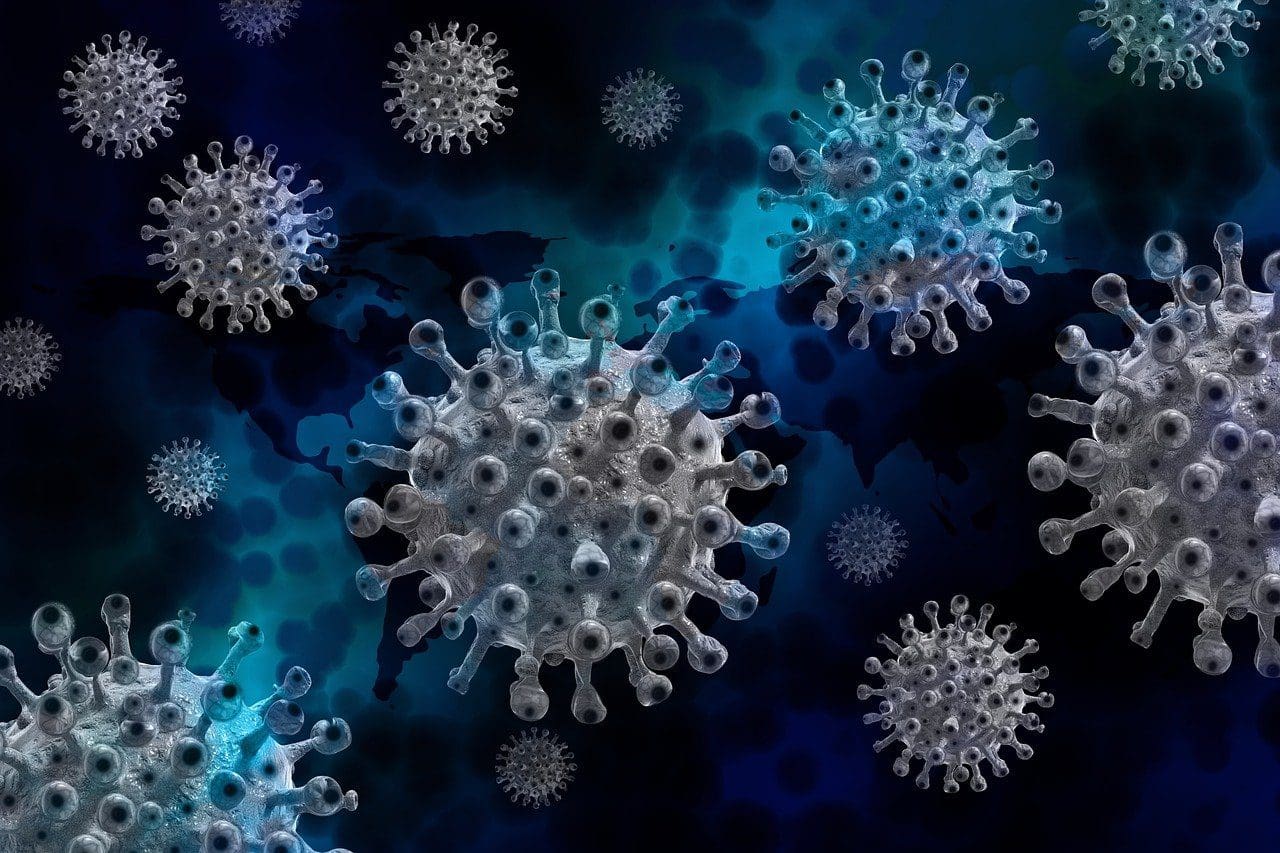A pandemic is an outbreak of a disease that occurs over a wide geographic area and typically affects a significant portion of the population. There have been multiple pandemics since the beginning of the 20th century, including the 1918 influenza pandemic, 2009 H1N1 flu pandemic, and more recently the COVID-19 pandemic in 2019.
A new virus can emerge anywhere and quickly spread. It is hard to predict when or where a new pandemic will emerge.
When a Pandemic is Declared
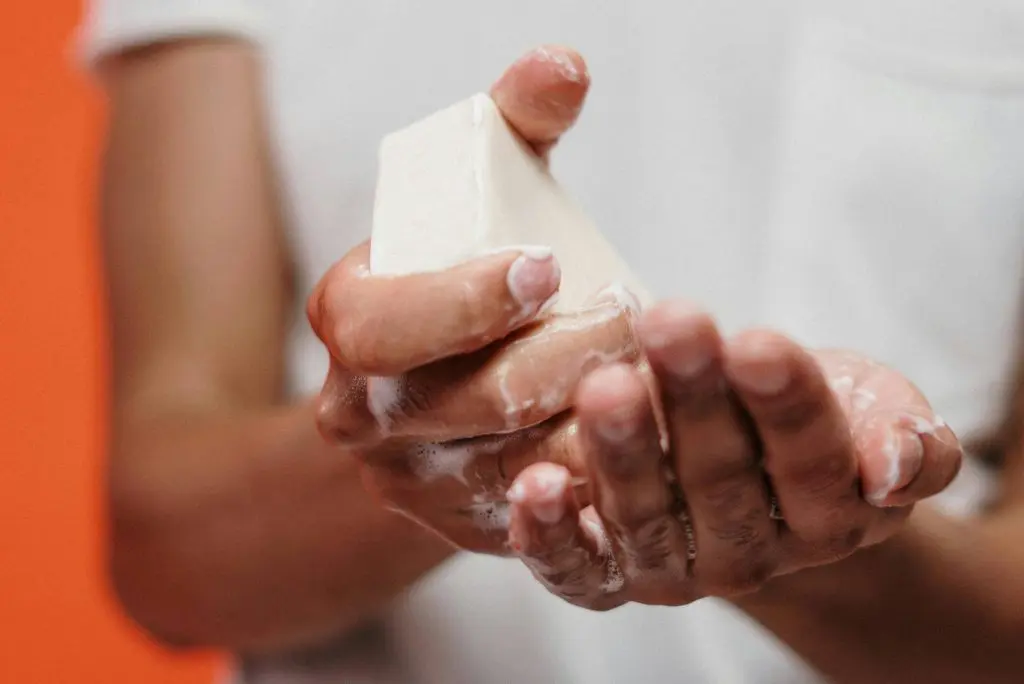
Wash your hands regularly with soap and water for at least 20 seconds. Do this often, such as before eating or after using the bathroom. Do not touch your eyes, nose, or mouth.
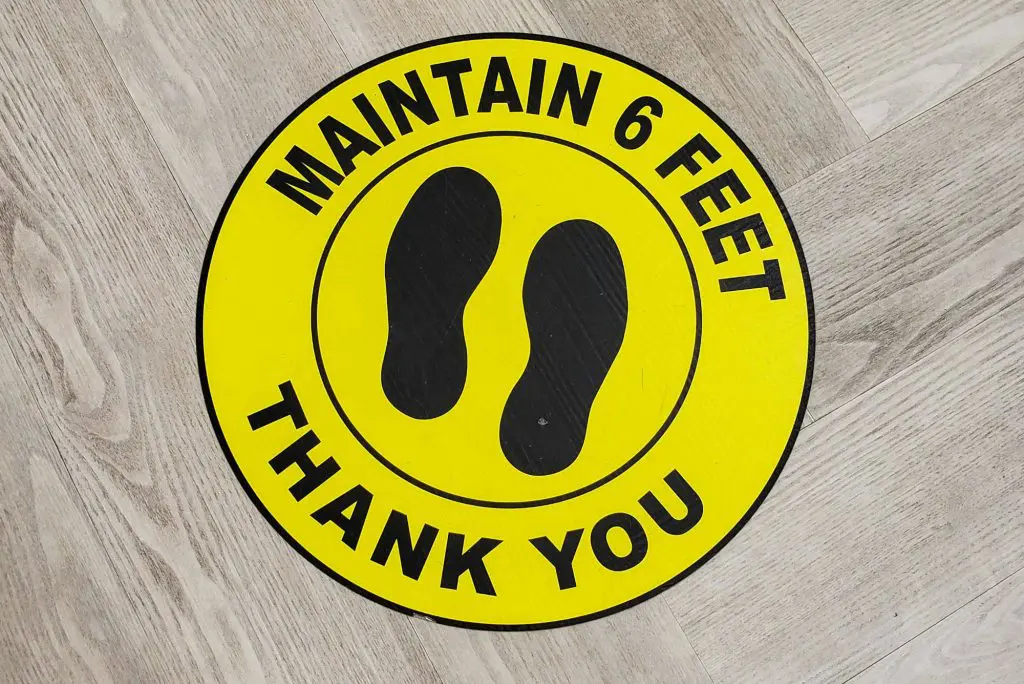
Keep a distance of at least six feet between yourself and those who are not members of your household.
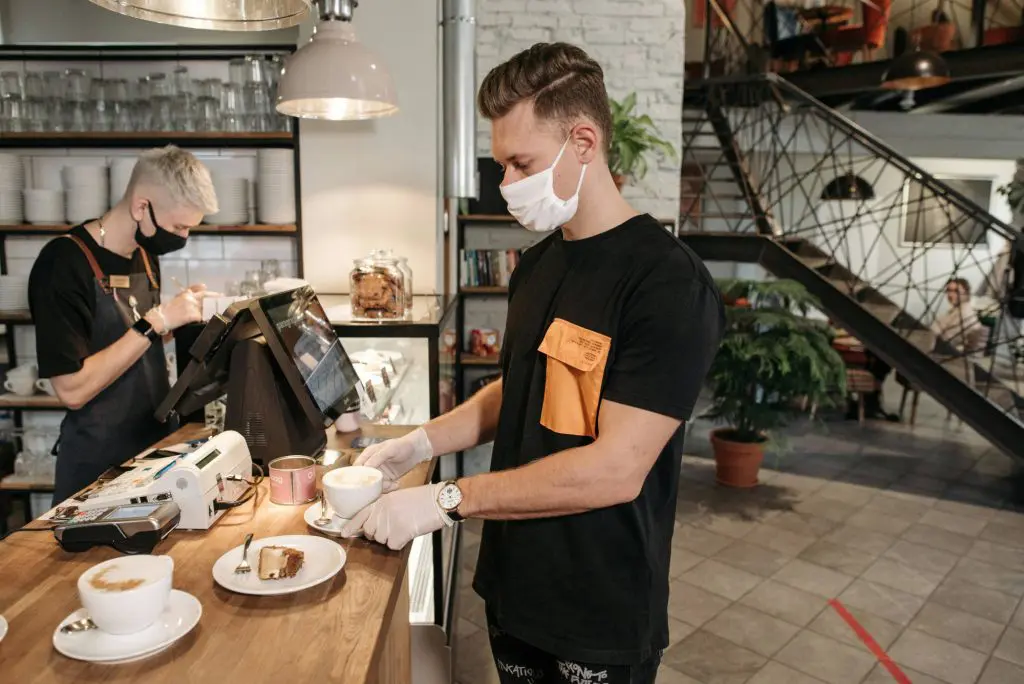
Cover your mouth and nose with a mask when in public.
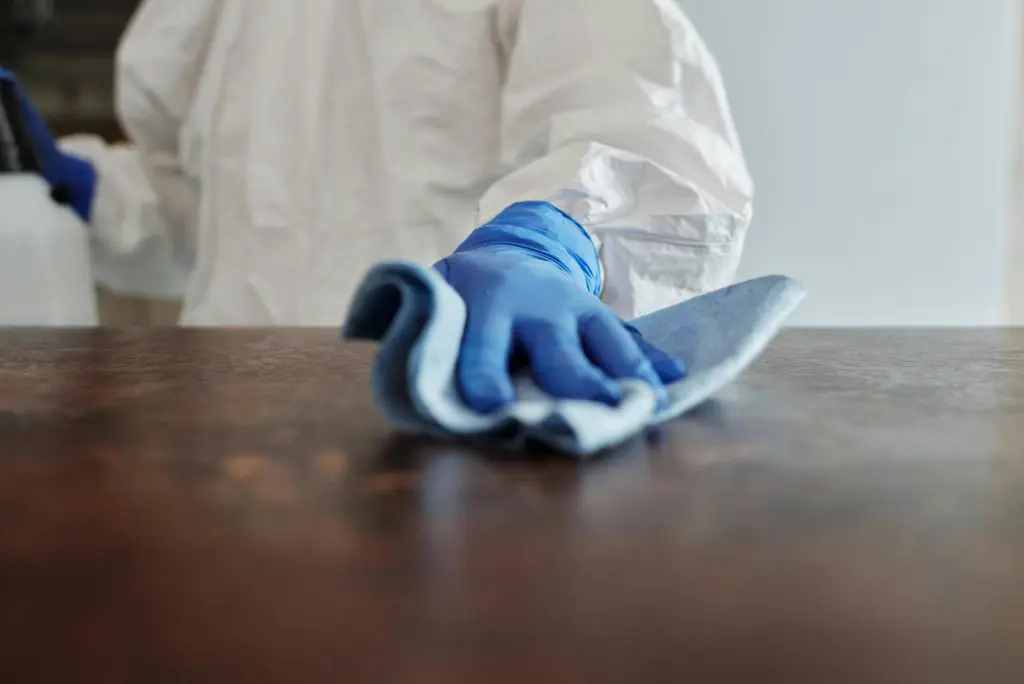
Regularly clean and disinfect high-touch objects and surfaces.

Stay at home as much as possible to prevent the disease from spreading or reduce your risk of exposure.
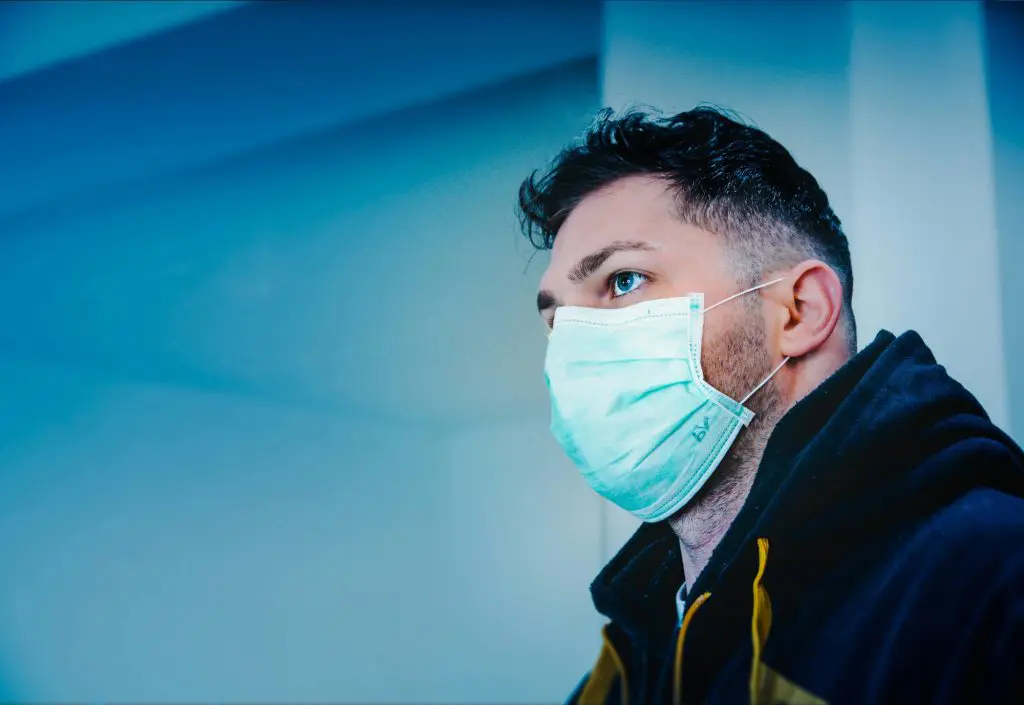
Follow guidelines from local health officials and the Centers for Disease Control and Prevention.
Protecting Yourself…
…Before a Pandemic
- Learn how disease spreads. Viruses can be spread from person to person, from a non-living object to a person, and by people who are infected, but do not have any symptoms.
- Prepare for closures. Schools, workplaces, and community centers may close due to the pandemic. Prepare for telework and virtual coordination of school and other activities.
- Gather Supplies. Supplies may include cleaning supplies, non-perishable foods, prescription medications, and bottled water. These supplies are needed in case you are required to stay home for several days or weeks. Buy supplies slowly to ensure everyone has the opportunity to get what they need.
- Create an emergency plan. This helps you and your family know what to do in case an outbreak occurs. Consider how a pandemic might affect plans for other emergencies.
- Review health insurance policies
- Create password-protected digital copies of important documents. Watch out for scams and fraud.
…During a Pandemic
- Get vaccinated. When a vaccine becomes available it will stimulate your immune system to produce antibodies.
- Take action to prevent disease spread. Cover coughs and sneezes. Wear a mask in public. Stay home when sick. Disinfect surfaces. Wash hands with soap and water. If soap and water are not available, use a hand sanitizer that contains at least 60-percent alcohol. Stay six feet away from people who do not live in your household.
- If you are exposed, contact your doctor. Follow quarantine instructions and monitor symptoms. If you are experiencing a medical emergency, call 9-1-1 and shelter-in-place with a mask if possible until help arrives.
- Share accurate information about disease. Sharing bad or inaccurate information about the disease may create serious health outcomes. Stigma hurts everyone and can cause discrimination against people, places, or nations.
- It’s normal to feel anxious or stressed. Engage virtually with your community through video and phone calls. Take care of your body and mind. Talk to someone if you feel upset. If you or someone you know are experiencing emotional distress, call the National Suicide Prevention Lifeline at 9-8-8.
…After a Pandemic
- Continue practicing good hygiene. Wash your hands regularly, use hand sanitizer, and clean commonly touched surfaces regularly.
- Continue taking protective actions. This includes staying home when sick and following the guidance of your health care provider.
- Work with your community. Talk about lessons learned from the pandemic and decide how to use these experiences to be more prepared for the future.
